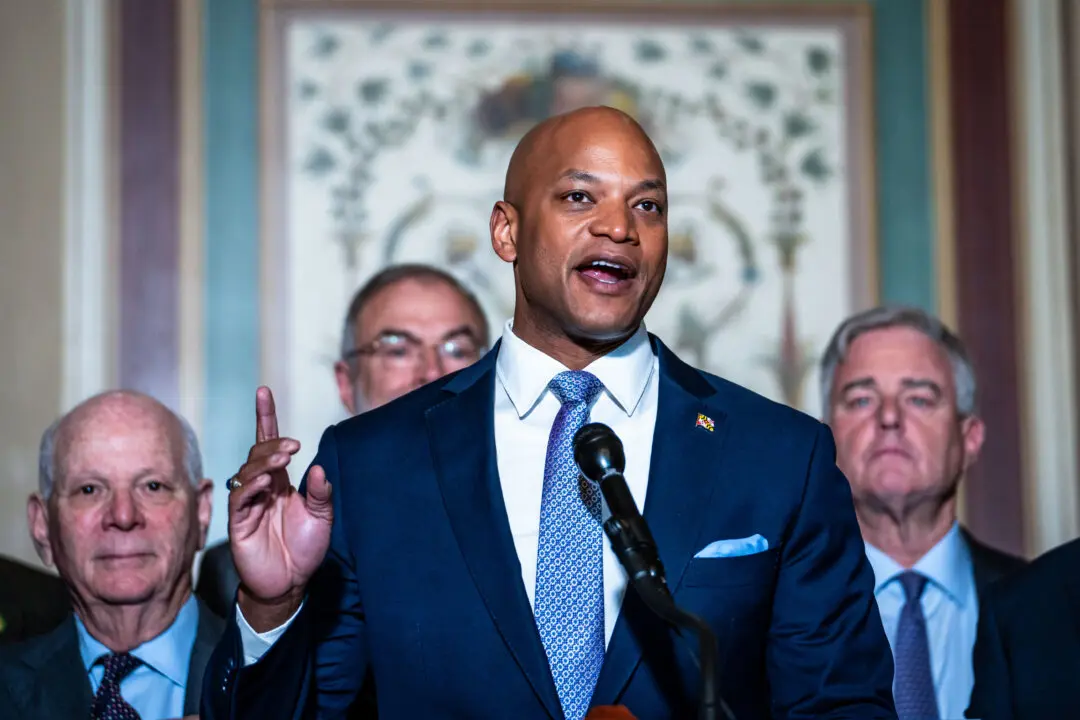The Maryland General Assembly gave final approval on April 2 to legislation authorizing the state to form a commission to study the possibility of providing reparations for slavery.
Except as punishment for a crime, slavery was abolished in the United States in 1865 with the adoption of the 13th Amendment to the U.S. Constitution. Slavery was abolished in Maryland a year before that when the state amended its constitution to outlaw the practice. In 2007, the Maryland General Assembly and the Annapolis City Council issued official statements expressing “regret for the role Maryland played in instituting and maintaining slavery.”





